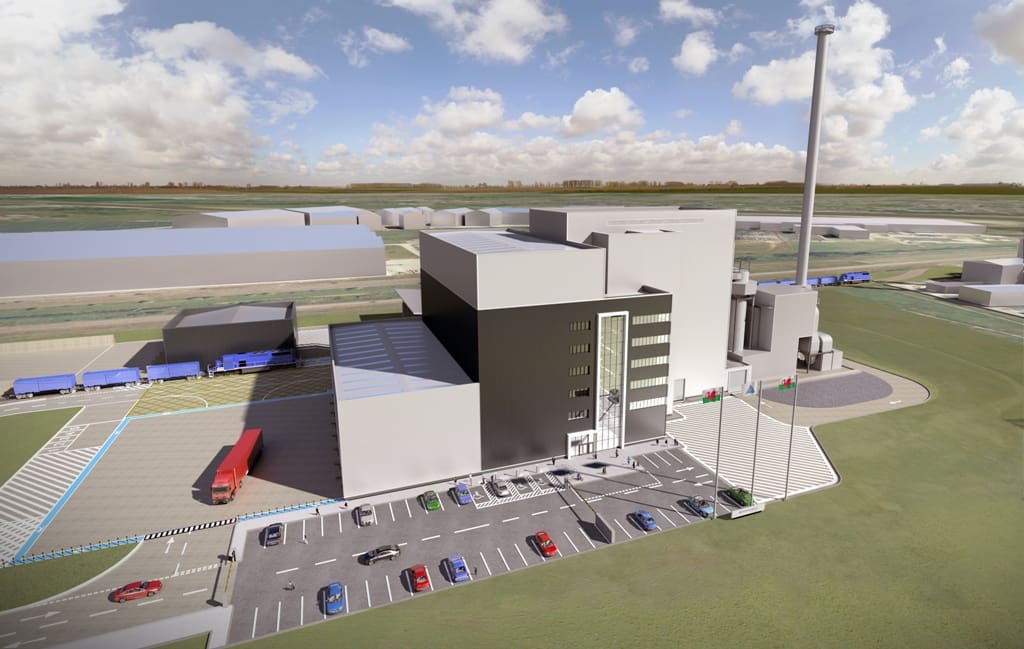Wheelabrator’s proposed Parc Adfer facility was approved by seven votes to six at a special meeting of county councillors on Friday (May 22).

The American-owned firm had submitted plans to build the plant on the Deeside Industrial Park in October 2014, as part of its £800 million, 25-year contract to treat residual waste on behalf of Flintshire, Conwy, Denbighshire, Gwynedd and Isle of Anglesey councils and some commercial clients (see letsrecycle.com story).
The plant is expected to produce around 16MW for the National Grid, while steam from the facility could be used to heat commercial and industrial businesses and residential areas in the region.
The council’s planning committee had initially refused planning permission for the facility last month, arguing that the plant would be “too big and unnecessary” and that the waste could be treated “in other ways”.
Technology
Councillor David Roney had claimed that recycling technologies are “improving all the time” and raised concerns that partner authorities would be locked into an agreement guaranteeing tonnages that would have an “adverse effect” on recycling.
He added that, from his view, there was a large discrepancy in Wheelabrator’s projection of the amount of waste available for treatment. Mr Roney claimed that in light of ongoing technological improvements and the Welsh Government’s Waste Prevention Programme less waste was likely to be available for treatment than forecast.
But, a report presented to the council by legal advisor Peter Evans at Friday’s meeting claimed that there was “no evidential basis” for the discrepancy in the figures.
It added that the need divert waste from landfill, support for energy recovery technology by the Welsh Government and the projected rise in population and number of households in North Wales meant the scale and type of plant was necessary.
The report concludes: “As the decision on the application reached by the committee at its meeting on the 17 April amounts, in the opinion of the Democracy and Governance Manager, to a significant departure from policy, the committee is required to re-determine the application.”
Following the council’s U-turn, Wheelabrator has confirmed construction work is now expected to go ahead on the facility later this year, with a ‘Meet the Buyer’ event to be hosted in the summer.
“Delighted”
Commenting on the decision, Gary Aguinaga, managing director of UK Operations for Wheelabrator Technologies, said the firm was “delighted” to have been awarded planning permission for the Parc Adfer facility.
He said: “For the counties of Anglesey, Gwynedd, Conwy, Denbighshire and Flintshire, this facility will be a long-term environmentally and economically sustainable solution for treating non-recyclable waste that would have otherwise been sent to landfill.”
Mr Aguinaga added: “Over the last 12 months the Wheelabrator team has been working hard to build trust and improve people’s understanding of the project. We’re very grateful for the level of support and encouragement we’ve received, and we look forward to playing an active role in the community, the local business networks and to being a responsible employer for many years to come.”











Presumably the local authorities referred to will still have to meet the recycling targets set by Welsh Government? t will be interesting to see what happens if there’s a conflict between recycling targets and minimum tonnage guarantees for the incinerator.